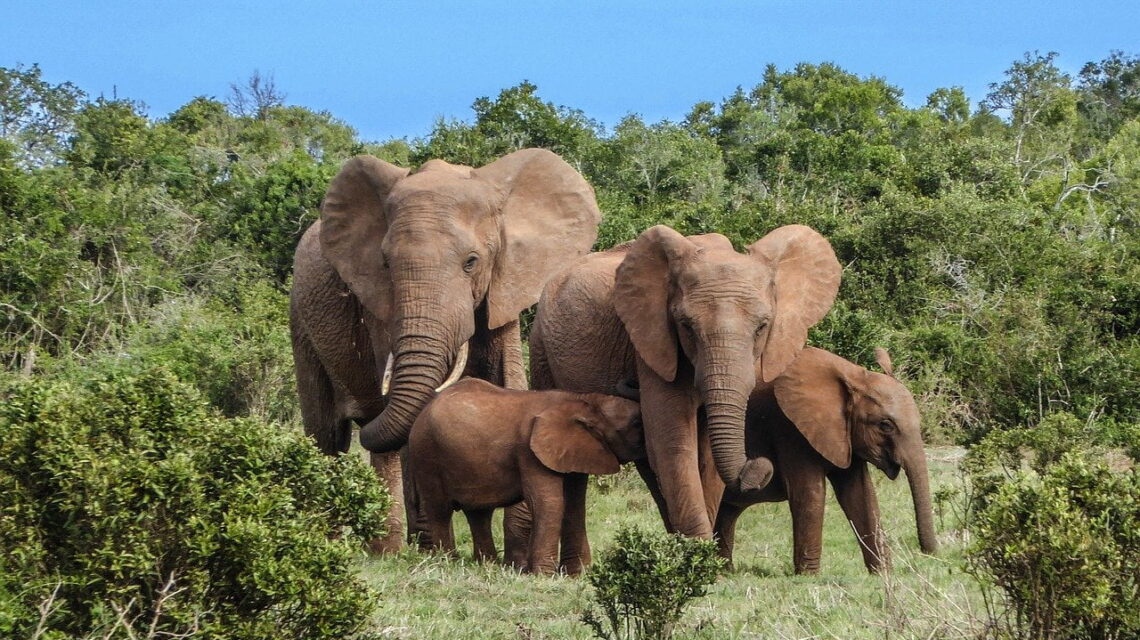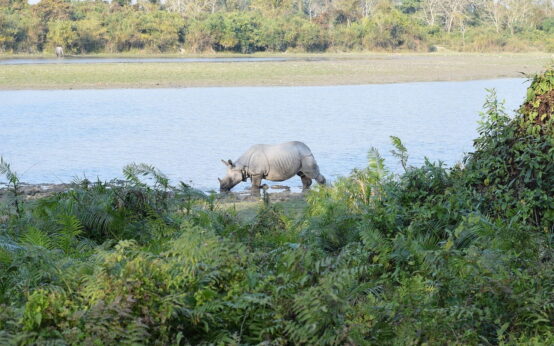Travelling has been curtailed because of this cursed pandemic. We had a list of places but alas! We needed to cancel all. But it cannot be suppressed for a long time. Though it’s time to take care of ourselves, the plan for travelling goes in our mind always. So, what’s about visiting Pench National Park? A well-known documentary, Tiger: Spy in the Jungle, narrated by David Attenborough, was aired in 2008 through BBC. We will see everything in detail.
If you have watched or read The Jungle Book written by the famous writer Rudyard Kipling, you are well aware of the land it is set. We get the famous character Mowgli here.
The space that attracts many peoples’ attention has been one of the most visited tourist places. It’s a place where Mowgli created history. Its beauty is so enchanting that it makes the visitors come here very frequently. Situated in Madhya Pradesh, the park is not only famous for the beauty of nature, but it’s a home of tigers as there is a tiger reserve. The place shelters some of the iconic royal Bengal tigers. Let’s start with its history.
Pench National Park History
Established in 1975, the name was derived from the Pench River flowing through the park. It divides the park into two parts – eastern and western. When it was established, the size of the park was 257 sq km. But now, it spreads over 758 sq km. Until 1983, it was called the sanctuary. Since then, the park was declared a national park. It was also declared as the tiger reserve area in 1992 that made the park a well-known entity in India’s famous travelling places. The place also stimulated Rudyard Kipling to write an all-time hit novel, “The Jungle Book”. We will go deep about this in the later section.
Another most interesting thing is the park’s natural beauty was written in Ain-i-Akbari. You see, the park has been a very old place in India’s history. Not only the Ain-i-Akbari suggests its old existence, but some of the wildlife books from the 17th century also give us a detailed view of the land. The place connects to the outer area such as Seoni, Nagpur, and Balaghat with the border. There is a dam on the Pench River, which was built subsequently. Filled with flora and fauna, the park was honoured with the Best Management Award in 2011.
Why Pench National Park is Called Mogli Land
As we have already been aware of the fact that the place instigated the writer to create The Jungle Book. This is the place of Mowgli. Out of 758 sq km land, 299 sq km is dedicated to the Pench National Park main area and Mowgli Pench Sanctuary. As you enter through the gate, you will be confronted with a picture of Mowgli.
Also Read: Kaziranga National Park
There is still a rumour about the writer’s perception of the land. Some say Rudyard Kipling wrote the book in this park, and some say he visited the park and was inspired by its beauty. Whatever the matter is, we still believe that the tiger, bear, Mowgli rock, wolves, and python are from the Pench National Park. However, the stories are not real, but the character gives us a tremendous adventure in our lives.
Pench National Park Hotels and Resorts
Now, the point is, after you decide to go there, where will you stay? Accommodation is a concerning matter when you are going with your family. There are some well-known hotels and resorts that can blow your mind. The list is as follows. You can check the details on their website.
- Pench Jungle Camp
- Baghvan Wildlife Resort
- Tiger Valley Resort
- Jungle Home Pench
- Village Resort
- Nagzira Nature Camp
- Pench Tree Lodge
Pench National Park Best Zone
Three main gates surround the whole place into one land – Turia, Kamajheri, and Jamtara gate. Some of the attractive places to visit here are as follows.
Turia Gate
Khwasa Buffer, this place is best for a night safari. You will be confronted with wolves, owls, foxes, and porcupines.
Teliya Buffer, where you will get to see leopards, black panthers, barking and blue-bull antelope.
Karmajheri gate
Runi-Jhooni Trail, where you can take a walk and enjoy the beauty of the park.
Rukhad Buffer, where you will get to see Bamboo, Arjun trees, Jamun, flowing streams, etc. You can also take a jeep safari to get a sight of the tiger.
Jamtara Gate
This area offers limited sighting. Yet, the beautiful banyan tree, shindoori, camel foot climbers, and bears will attract you here.
Nearby Places to Visit
Some of the attractive places which you shouldn’t miss when you are in that land are as follows. For tigers and wildlife sighting, you may visit three following places.
- Kanha National Park
- Nagzira National Park
- Tadoba National Park
To get a view of the other attractive places, you may visit the following.
- Pachdhar Potter’s Village
- Totlah Doh Dam
- Kohka Lake
- Pachmarhi
Flora and Fauna of Pench National Park
Pench National Park is especially known for its flora and fauna. The place is rich with natural product trees, restorative trees, and plants. As you experience the jungle safari inside the park, you will come across a wide range of beautiful natural life. Numerous creatures live there, such as tiger, jungle cat, wild hound, langoor, monkey, Indian Gaur, snakes, monitor lizards, panthers, bear-headed geese, Bhramini duck, coots, and so on. Not only this, but the park is filled with vegetation like bamboo, mahua trees, white Kulu, and many more.
Nearly 90,000 travellers visited the place in 2019, according to the statistics. The year was a very busy one. If this interests you, then read or watch The Jungle Book and also watch the documentary I mentioned earlier to get inspired to go there. The place might be your next travelling place that can stay in your memory for a long time. Its natural beauty will definitely attract a true nature lover.
















 Kaziranga National Park – A UNESCO World Heritage Site
Kaziranga National Park – A UNESCO World Heritage Site  Top 10 Highest Waterfalls in the World
Top 10 Highest Waterfalls in the World